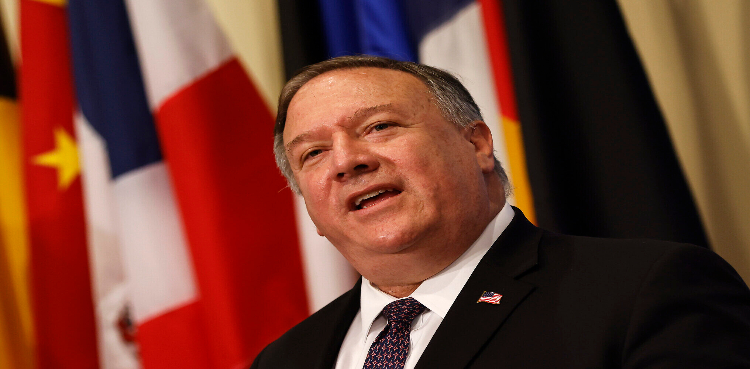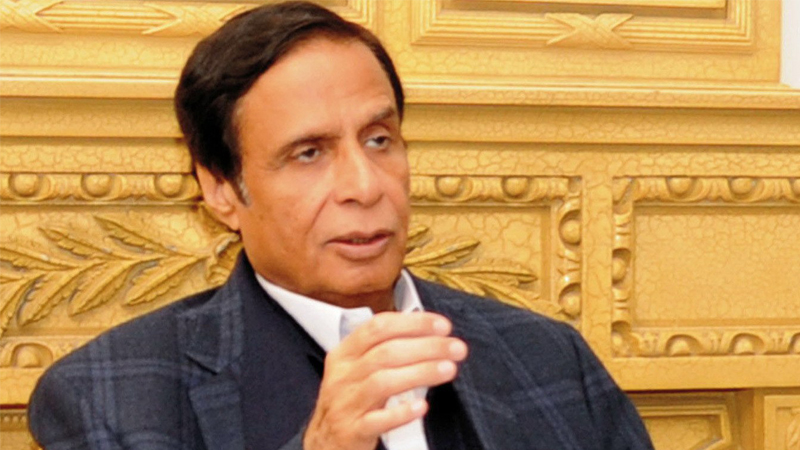In India, the farmers protesting farm laws have started a hunger strike at various border points near Delhi.
According to Indian media, farmer unions have said protests will be held in other parts of the country too.
The protest has been going on for nearly 20 days and farmers are demanding to repeal new farm laws passed by the Modi government.
On Sunday, the ongoing farmers’ protest escalated after thousands of angry farmers started blocking highways and camping on the outskirts of New Delhi, while many demonstrators have now started marching towards Kadli to block major thoroughfares, including Delhi-Jaipur Highways.
According to Indian media, Delhi Police had tightened security at various borders.
On Saturday, over 4,000 policemen were deployed in Gurgaon and Haryana to stop the farmers from occupying highways.
The laws are meant to bring reforms and increase farmers’ income, Prime Minister Narendra Modi had earlier said on Saturday in what was seen as a renewed assurance from the government, NDTV reported.
Why are farmers protesting in India?
Farmers say the laws threaten their livelihoods. Although various farmer unions have backed the demonstration, the protest is largely led by growers from Punjab and Haryana in India’s north.
The Bharatiya Janata Party (BJP) government and leaders of the protesting farmers’ unions have held several rounds of talks but a deadlock persists over the parliamentary bills passed in September.
Read more: Farmers protest: Amir Khan speaks out against ‘disturbing scenes of violence’ in India
Indian farmers have been struggling for years due to low crop prices and rising costs, demonetisation, and widespread droughts despite government subsidies and income tax exemptions. Many farmers have fallen into debt, leading to a rise in suicide rates in recent years.
Farmer leaders say wholesale markets would lose their relevance and even gradually cease to exist if large buyers are allowed to buy directly from growers. They stressed that without offering an alternative arrangement to small growers, such as private markets or direct-purchase centres, the new rule does not make any sense.


















































